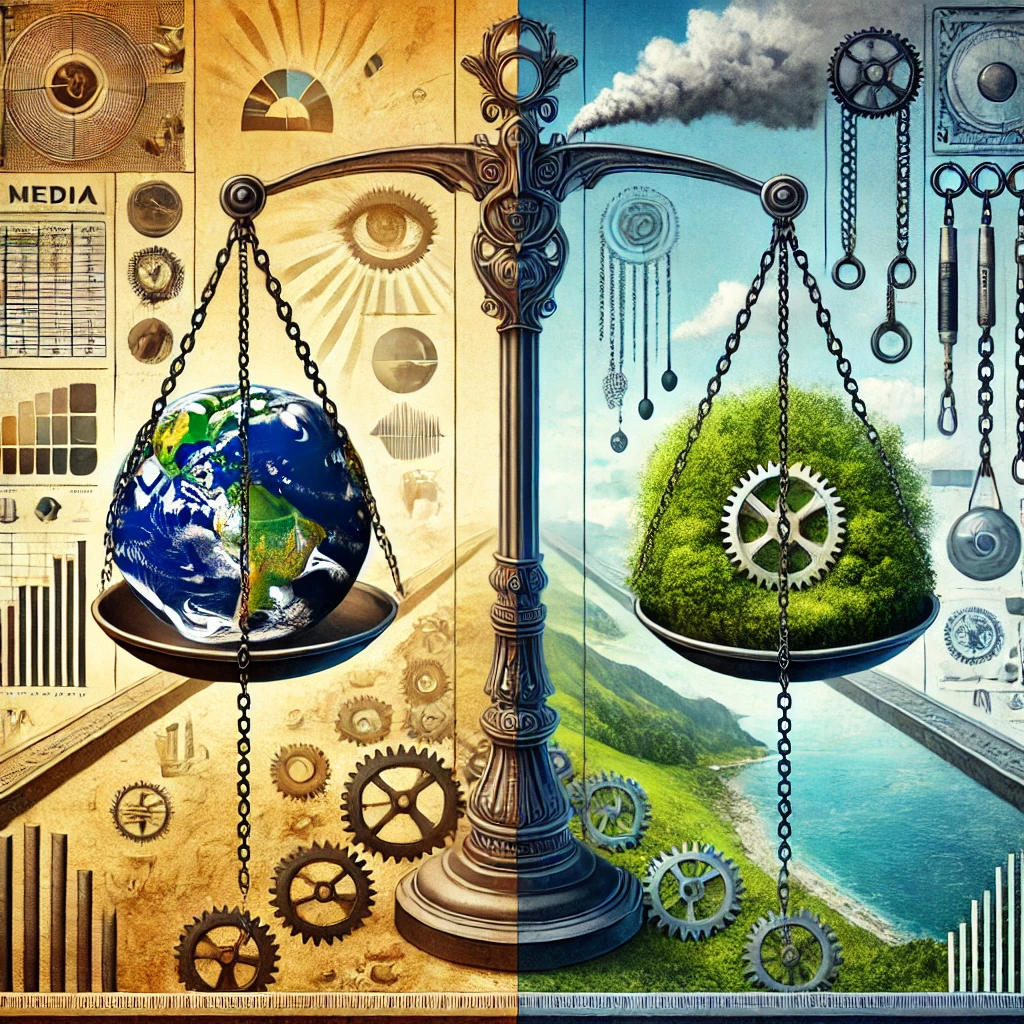It is about control
Climate change has become a dominant narrative in global policy discussions, often portrayed as an imminent existential threat demanding immediate, sweeping action. However, a growing number of scientists argue that the severity of human impact on the climate is overstated, suggesting that the alarmism surrounding climate change serves more to control populations than to address environmental issues effectively.
One prominent voice in this debate is Dr. Richard Lindzen, an atmospheric physicist and emeritus professor at MIT. Lindzen has criticized the consensus on climate change, arguing that the models predicting catastrophic outcomes are based on flawed assumptions and exaggerated sensitivities to carbon dioxide (CO2) levels. According to Lindzen, the climate system is far more complex and resilient than these models suggest, and natural variability plays a much larger role than is often acknowledged .
Similarly, Dr. Judith Curry, former chair of the School of Earth and Atmospheric Sciences at the Georgia Institute of Technology, has highlighted the uncertainty in climate models and the politicization of climate science. Curry points out that while CO2 is a greenhouse gas and contributes to warming, the extent and impact of this warming are highly uncertain and influenced by a myriad of factors that are not fully understood or accurately represented in current models .
Governments around the world have increasingly adopted policies aimed at reducing CO2 emissions, often at significant economic and social costs. Critics argue that these measures, while ostensibly aimed at protecting the environment, also serve to expand government control over various aspects of life. For instance, the push for renewable energy has led to increased regulation and subsidies, reshaping industries and economies according to government priorities rather than market forces or consumer choice.
Moreover, the narrative of impending climate catastrophe can be used to justify extraordinary measures that might otherwise be unacceptable in democratic societies. Restrictions on energy use, changes in agricultural practices, and limits on personal freedoms (such as travel restrictions and carbon taxes) are often implemented under the guise of environmental protection, raising concerns about the erosion of individual liberties and the expansion of state power .
While mainstream media and policy often focus on worst-case scenarios, it’s important to consider alternative perspectives. Dr. John Christy, professor of atmospheric science and director of the Earth System Science Center at the University of Alabama in Huntsville, has consistently argued that the impact of human activities on the climate is much smaller than commonly portrayed. Christy’s research indicates that while the Earth has warmed, the rate and magnitude of this warming are less alarming than predicted by many climate models .
Additionally, Bjorn Lomborg, president of the Copenhagen Consensus Center, argues that the economic and human costs of aggressive climate policies often outweigh the benefits. Lomborg advocates for a balanced approach that prioritizes addressing immediate, tangible problems such as poverty and disease, while investing in long-term solutions to climate change that do not disrupt economic growth and development .
The debate over climate change is complex and multifaceted, with credible scientists presenting evidence that challenges the dominant narrative. While it’s undeniable that human activities have some impact on the climate, the extent and implications of this impact remain subjects of intense debate. In the meantime, the emphasis on catastrophic predictions can serve as a powerful tool for governments to implement far-reaching policies that extend their control over various aspects of life. As with any significant issue, it’s crucial to consider diverse viewpoints and question the motivations behind prevailing narratives.



